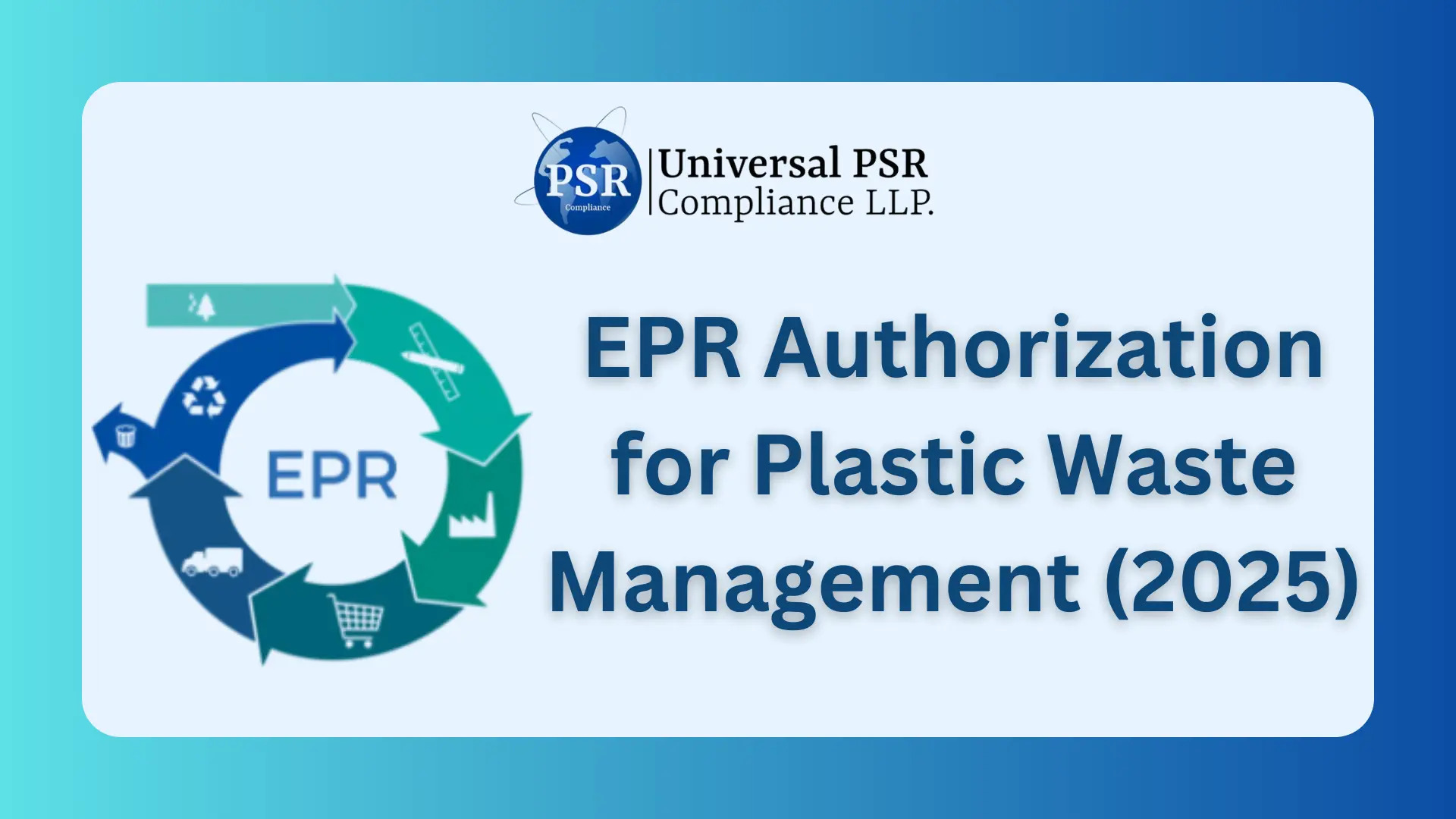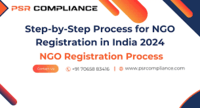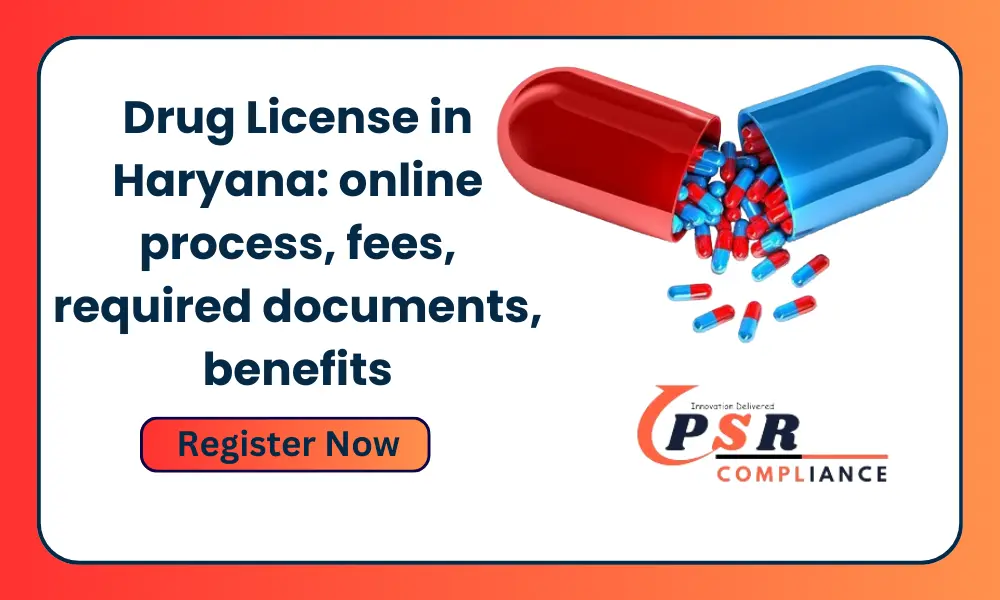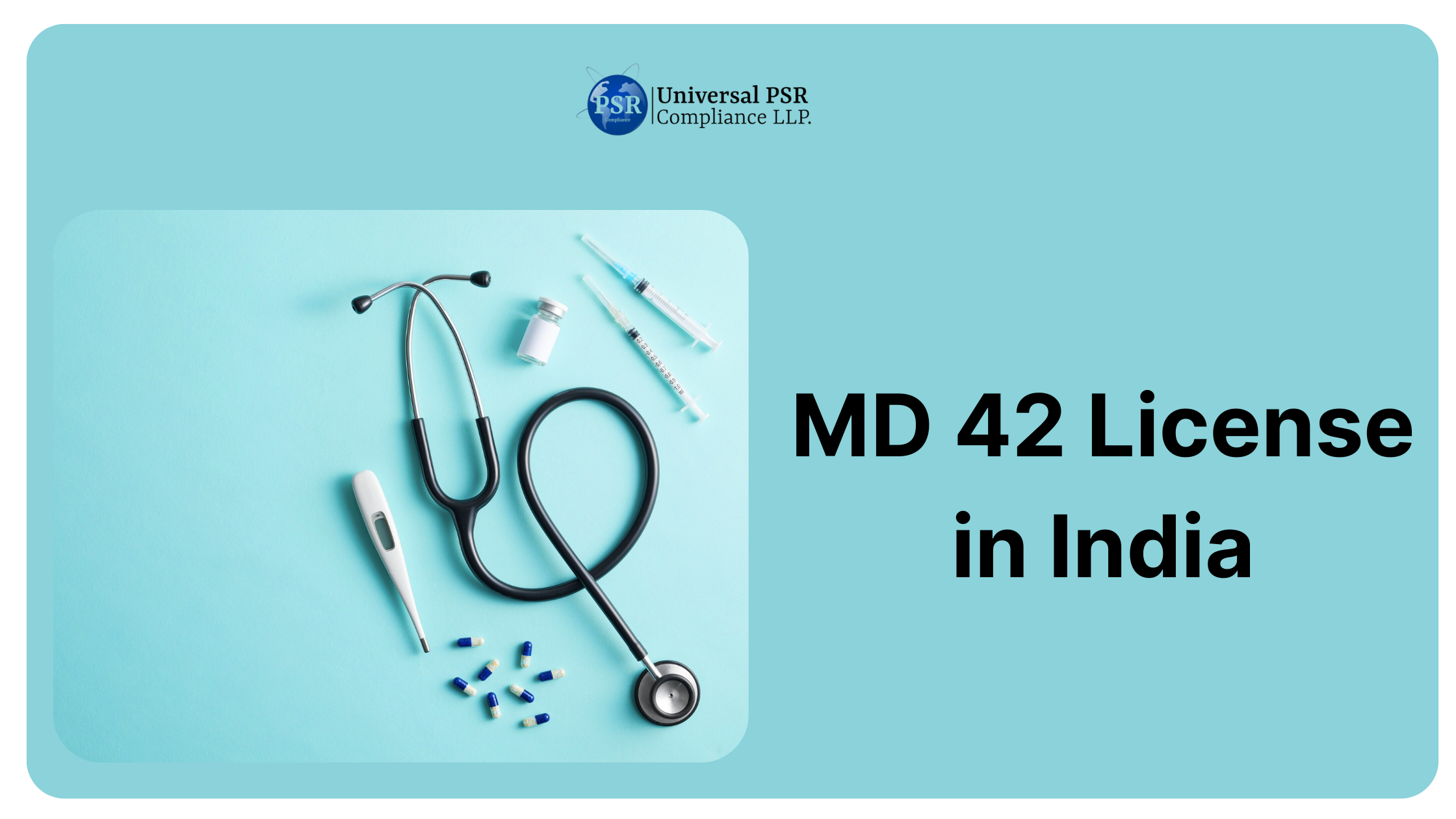EPR Registration for Plastic Waste in India: A Step Towards Sustainable Responsibility

In recent years, India has taken significant steps toward addressing the environmental threat posed by plastic waste. One of the most crucial regulations introduced is the Extended Producer Responsibility (https://www.psrcompliance.com/epr-registration-for-plastic-waste under the Plastic Waste Management Rules, 2016, amended in 2022. EPR is a policy approach that places the responsibility of managing plastic waste on the businesses that generate it—specifically Producers, Importers, and Brand Owners (PIBOs).
This regulation ensures that companies take accountability for the entire lifecycle of their plastic packaging—from production to disposal. The objective is to encourage businesses to reduce plastic use, support recycling, and minimize their environmental impact. One of the key compliance requirements under this regulation is obtaining EPR Registration from the Central Pollution Control Board (CPCB).
What is EPR Registration?
EPR Registration is a mandatory approval that allows PIBOs to legally operate while ensuring they are actively involved in managing the plastic waste generated through their products. Without EPR registration, businesses risk non-compliance, which can lead to legal penalties, fines, or operational restrictions.
The EPR mechanism ensures that every business involved in the plastic supply chain plays a role in its responsible disposal or recycling. This policy is especially important as India generates millions of tons of plastic waste annually, much of which ends up polluting land and water bodies.
Categories of Plastic Packaging Covered
For better implementation of EPR, plastic packaging is divided into four categories:
Category I: Rigid Plastic Packaging – Includes bottles, containers, and jars that retain shape.
Category II: Flexible Plastic Packaging – Includes wrappers and single/multilayered films.
Category III: Multi-Layered Packaging – Packaging materials made of different layers like metalized films.
Category IV: Compostable Plastics – Certified plastics that degrade under composting conditions.
Each category requires a specific waste management approach, and businesses must report the amount and type of packaging they use accordingly.
EPR Registration Process
To obtain EPR registration, businesses must follow a structured process:
Eligibility Check – Identify if your business is a Producer, Importer, or Brand Owner.
Document Preparation – Submit business documents including:
PAN, GST, and incorporation certificate
Details of plastic packaging used
Annual usage data
Waste management plan
Agreements with CPCB-approved recyclers
Application Submission – Apply through the CPCB’s online EPR portal.
Verification – CPCB reviews the documents and waste plan.
Certification – Upon approval, a registration certificate is issued.
Businesses are also required to submit annual reports to CPCB showing progress in their collection and recycling efforts.
Fees for EPR Registration
The registration process involves the payment of fees, which vary based on the business size:
₹10,000 for small enterprises
₹25,000 for medium enterprises
₹50,000 for large enterprises
In addition, an annual processing fee (ranging from ₹1,00,000 to ₹2,00,000) and renewal fees are applicable.
Benefits of EPR Registration
EPR registration is not just a regulatory requirement but also a step toward sustainable business practices. Key benefits include:
Legal Compliance – Avoid penalties and ensure smooth operations.
Brand Value – Showcase your commitment to sustainability.
Operational Efficiency – Better waste management can lead to cost savings.
Customer Trust – Consumers are increasingly supporting eco-friendly brands.
How PSR Compliance Can Help
Navigating the EPR registration process can be complex, especially for first-time applicants. This is where PSR Compliance comes in. They offer complete support services including:
Eligibility evaluation
Documentation assistance
Waste management plan development
Liaison with CPCB for approvals
Ongoing compliance and reporting support
By partnering with PSR Compliance, businesses can focus on their core activities while staying aligned with environmental regulations.
Conclusion
EPR registration is a crucial part of India’s strategy to tackle plastic waste pollution. It promotes responsible business practices, protects the environment, and helps build a greener future. Companies must take this responsibility seriously and ensure they are fully compliant.
To start your EPR registration or get expert help, visit https://www.psrcompliance.com/epr-registration-for-plastic-waste.
Note: IndiBlogHub features both user-submitted and editorial content. We do not verify third-party contributions. Read our Disclaimer and Privacy Policyfor details.







